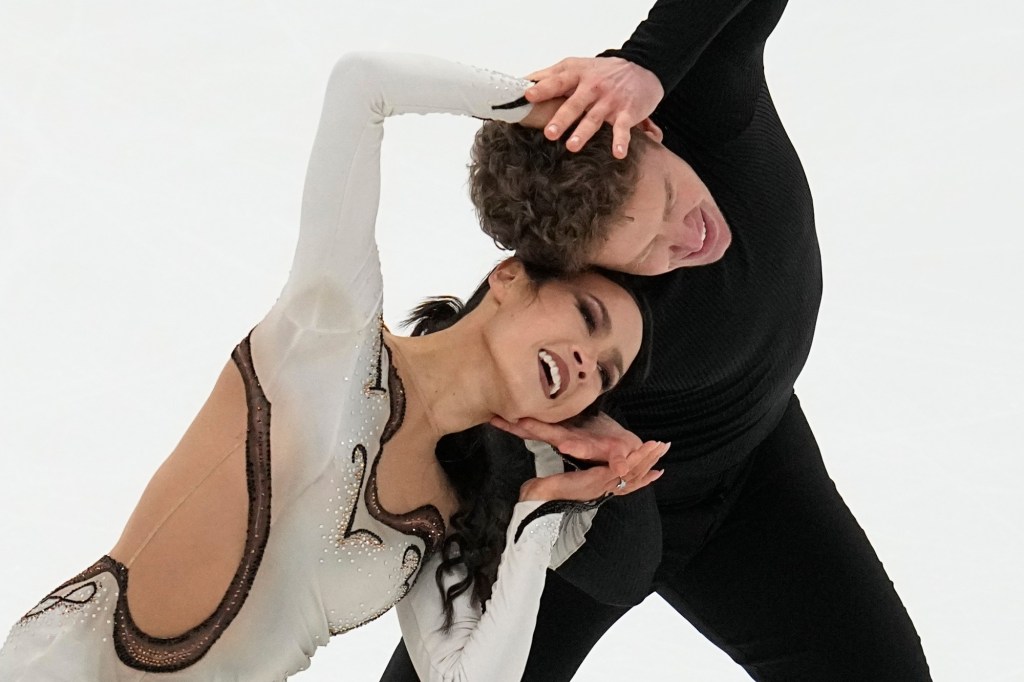It followed Madison Chock and Evan Bates around the world for nearly two years.
For 721 long, frustrating, painful and tiresome days, Chock and Bates, the reigning World ice dancing champions, faced questions about perhaps the biggest doping scandal in Winter Olympic history, a controversy that seemed to drag on with no end in sight.
And for 721 days, Chock and Bates, like so many others in their sport, in the Olympic movement, had no answers only more questions.
Just hours after Kamila Valieva, Russia’s then 15-year-old superstar, had led a Russian squad to the gold medal in the Beijing Olympic Games team skating competition, it was revealed that she had tested positive for a banned performance-enhancing drug in December 2021. Valieva’s positive test should have disqualified her and stripped Russia of the team gold medal, according to World Anti-Doping rules, making Chock and Bates and their U.S. teammates the Olympic champions.
Instead, in a controversy in which neither the International Olympic Committee, the International Skating Union, the sport’s global governing body, nor the World Anti-Doping Agency distinguished themselves, Chock, Bates and Team USA will now have gold medals around their necks instead of burdens on their shoulders.
“There was a small underlying feeling of sadness and disappointment that we didn’t get that Olympic moment (in Beijing),” Chock, a Redondo Beach native, said Tuesday. “And I didn’t realize that had been weighing on us this whole time until we got the resolution yesterday.”
The Court of Arbitration for Sport, the ultimate judicial body in international sports, banned Valieva for four years for the doping violation on Monday and ordered her to forfeit “any titles, awards, medals, profits, prizes and appearance money” after December 25, 2021, when her positive urine sample was collected.
Team USA was then elevated to gold medal status after the ISU adjusted the team competition results with Japan being…
Read the full article here







